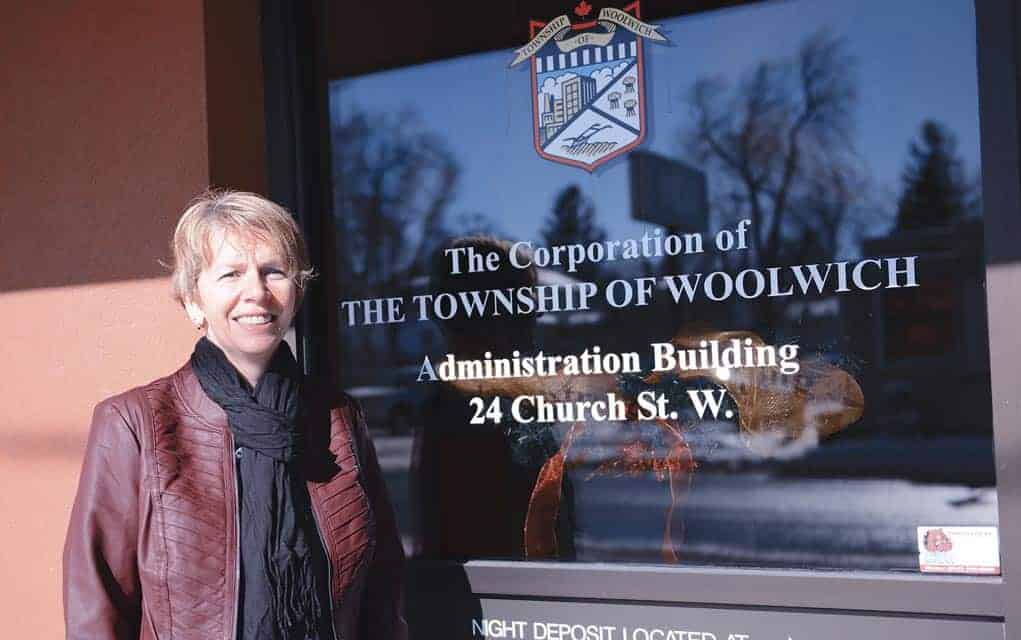;
;
;

Few if any of us appreciate paying our property taxes, more so with the obligatory increases now being planned by municipal governments. At the individual level, we can see where some of the money goes, at least locally: roads, recreation facilities and the like. You pay taxes and you get services …
Last updated on May 03, 23
Posted on Feb 01, 18
3 min read
